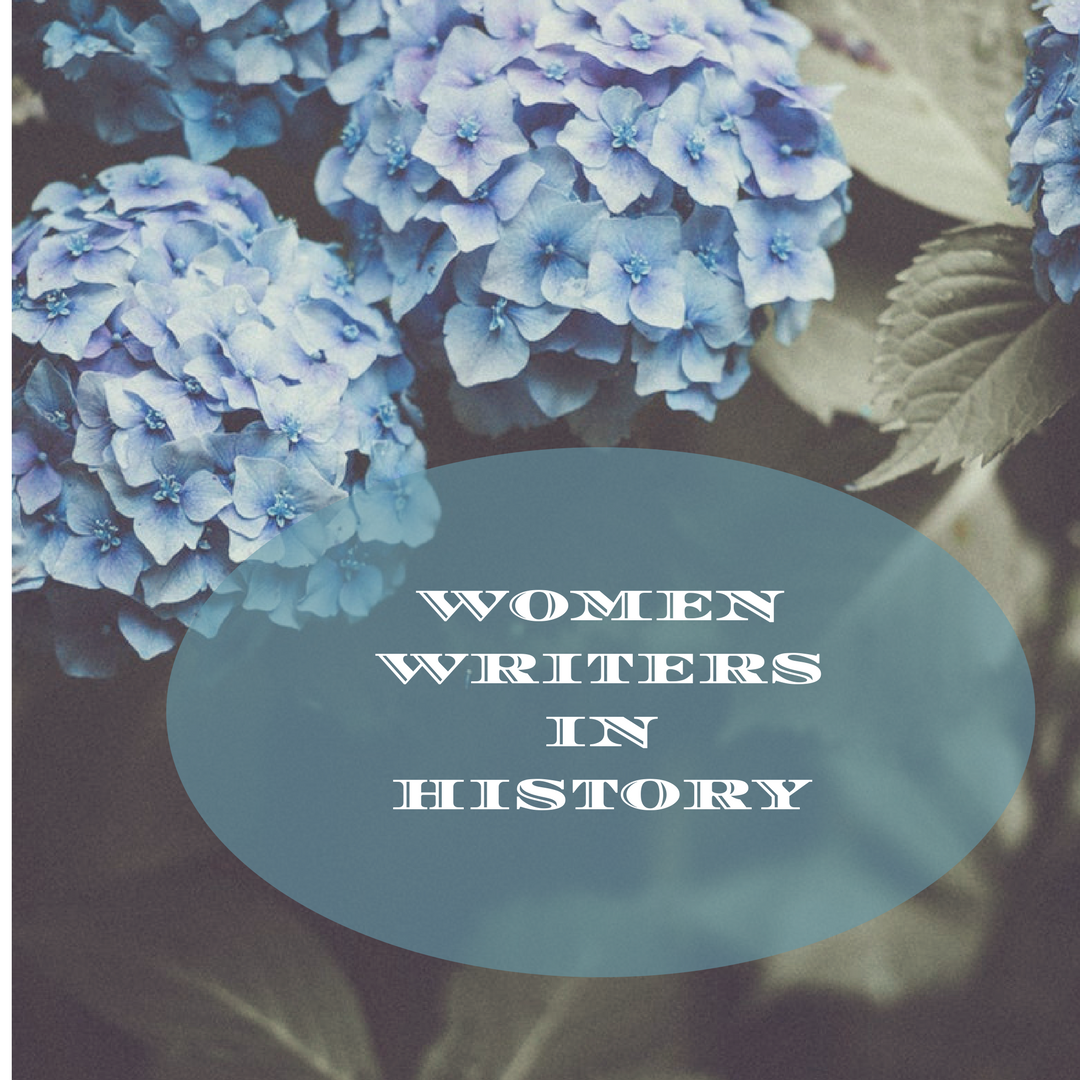
Laura Ingalls Wilder: Truth for the Time
Have you heard the latest outrage in the world of books and publishing? Beloved children’s author, Laura Ingalls Wilder—turns…
August 2, 2018
Have you heard the latest outrage in the world of books and publishing? Beloved children’s author, Laura Ingalls Wilder—turns…
August 2, 2018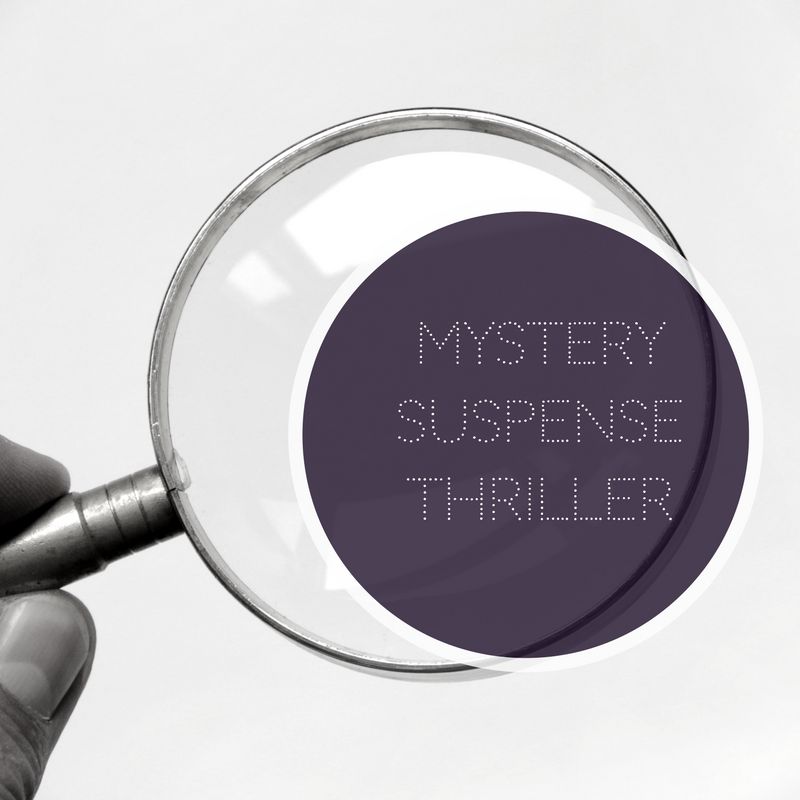
Did you know there are conferences throughout the country that focus on the mystery / suspense / thriller genre?…
July 31, 2018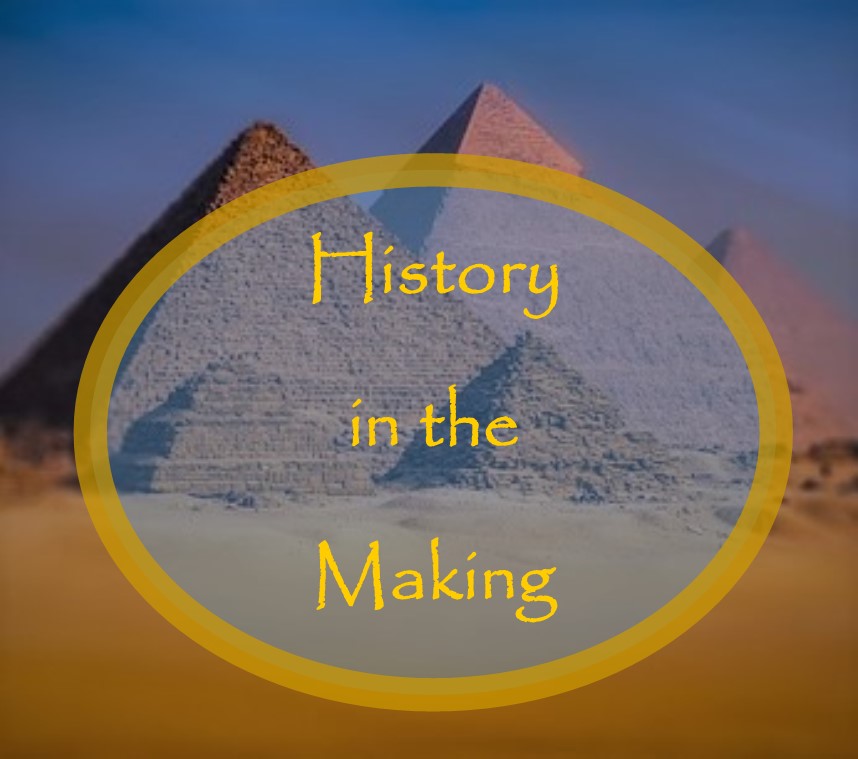
Have you ever read a fictional novel set in the 1700s where the main character is named Harper (22…
July 30, 2018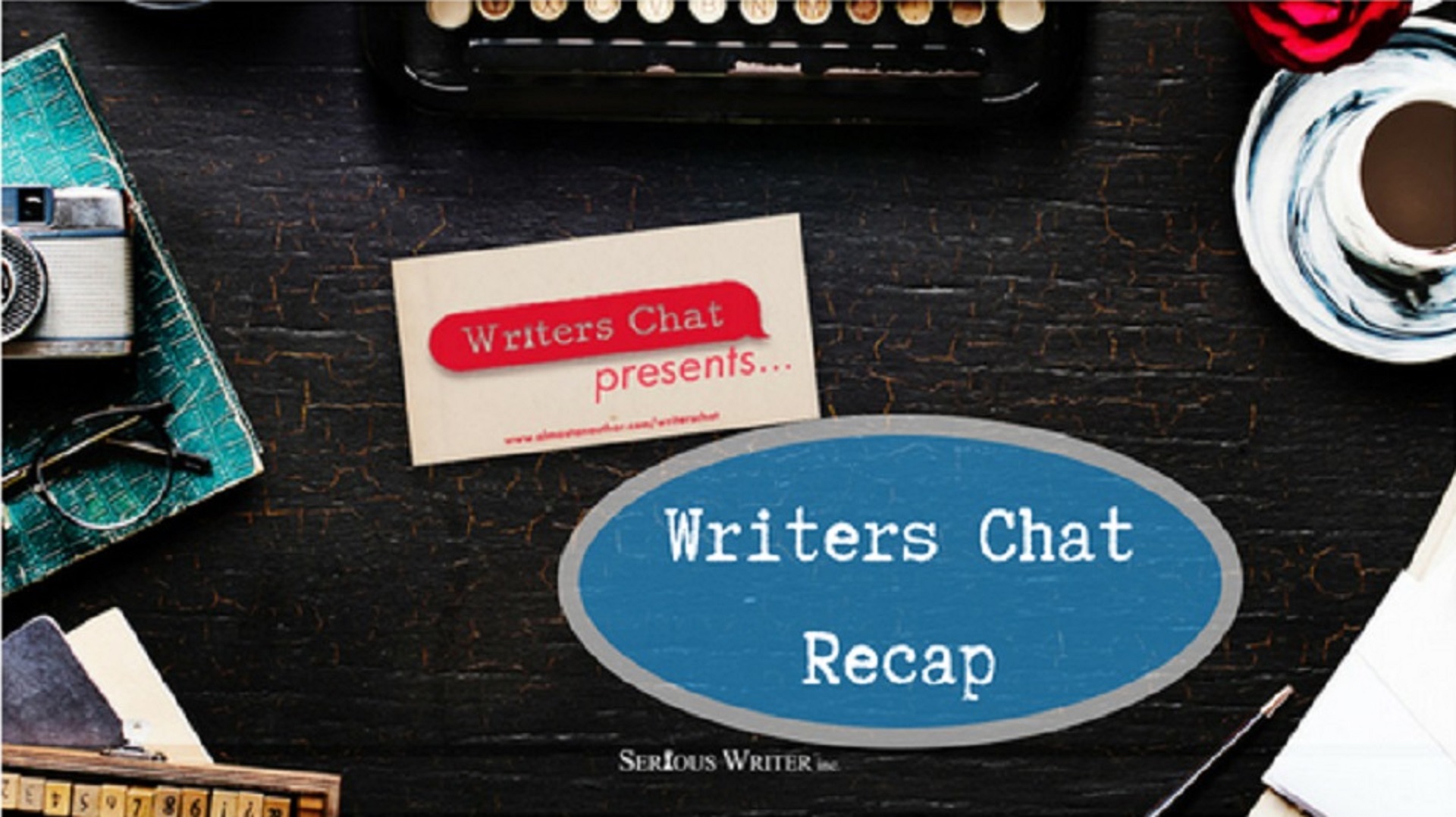
Writers Chat, hosted by Jean Wise, Johnnie Alexander, and Bethany Jett, is the show where we talk about all…
July 30, 2018
Last month I mentioned the ultimate goal of every writer, whether experienced or a beginner—we want our audience to…
July 29, 2018
Last month, we discussed writing a song from a premise, and how our premise will dictate what we want…
July 28, 2018
Freelancing is the future of work, and copywriting looks like it’s the future of advertising. Freelance copywriting, therefore, can…
July 27, 2018
This month’s guests are both best-selling, award-winning authors who are renowned for their diligent research and compelling stories. Jill…
July 26, 2018
Want to expand your audience? One popular way is to be a guest blogger on a well-known blog. As…
July 24, 2018
Writing is a funny art, isn’t it? Agents and editors (freelance and publishing house) tell us to write, write,…
July 22, 2018
Inspiration for the stories we write often comes from our own childhood experiences. But, times change; cultures change; technology…
July 21, 2018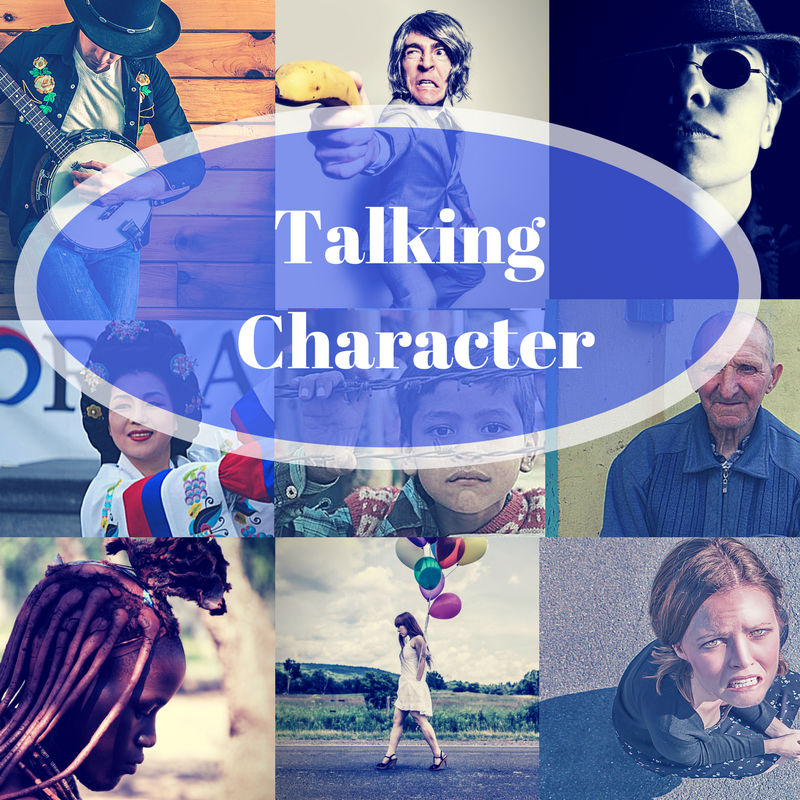
If you’ve ever been involved in building a house or a major remodeling project, you understand how overwhelming it…
July 20, 2018
It’s time for another Third Anniversary Throwback Thursday. Almost an Author features a great advice on a wide variety…
July 19, 2018
Writers Chat, hosted by Jean Wise, Johnnie Alexander, and Bethany Jett, is the show where we talk about all…
July 17, 2018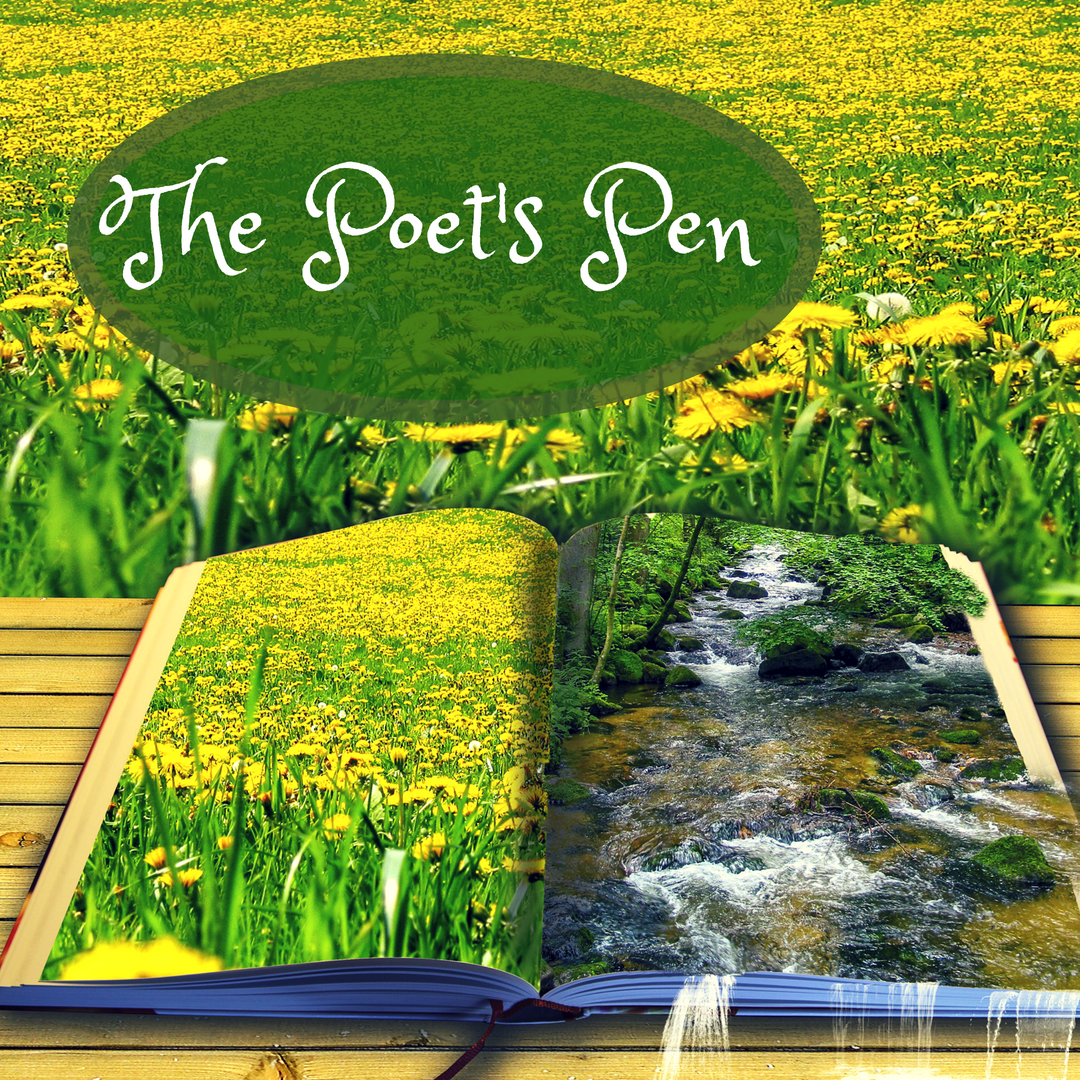
Carmina Figurata or shaped stanza is a picture poem—a poem that forms a picture. In “CAROUSEL” by Jan D.…
July 17, 2018
Do you ever sit in front of your keyboard, stare at the worn-out keys and wonder if anything you…
July 15, 2018
Last week I was at a Christian writers conference. It’s one of the key places where you can build…
July 13, 2018
It’s time for another Third Anniversary Throwback Thursday. One of our goals at Almost an Author is to encourage…
July 12, 2018
Some work we love. Some work we hate. Much work we do as a labor of love. A labor…
July 10, 2018
Every writer can use a solid critique of their work, especially when they are preparing their work for professional…
July 7, 2018
Almost an Author is celebrating its third anniversary. Why not take a moment to look back at some of…
July 5, 2018
My number one pet peeve with Christian films is their unrealistic characters. Christian protagonists seem to be too good…
July 4, 2018
The nineteenth century exploded with women writers expressing themselves in abandon through story and essay. Serious writers. Sensationalistic writers.…
July 3, 2018
Ever since I took my first journalism class in high school I’ve heard the age-old debate on how to…
June 29, 2018
Are you on LinkedIn? If so, let’s connect. If not, please join us. LinkedIn is your online watering hole…
June 27, 2018